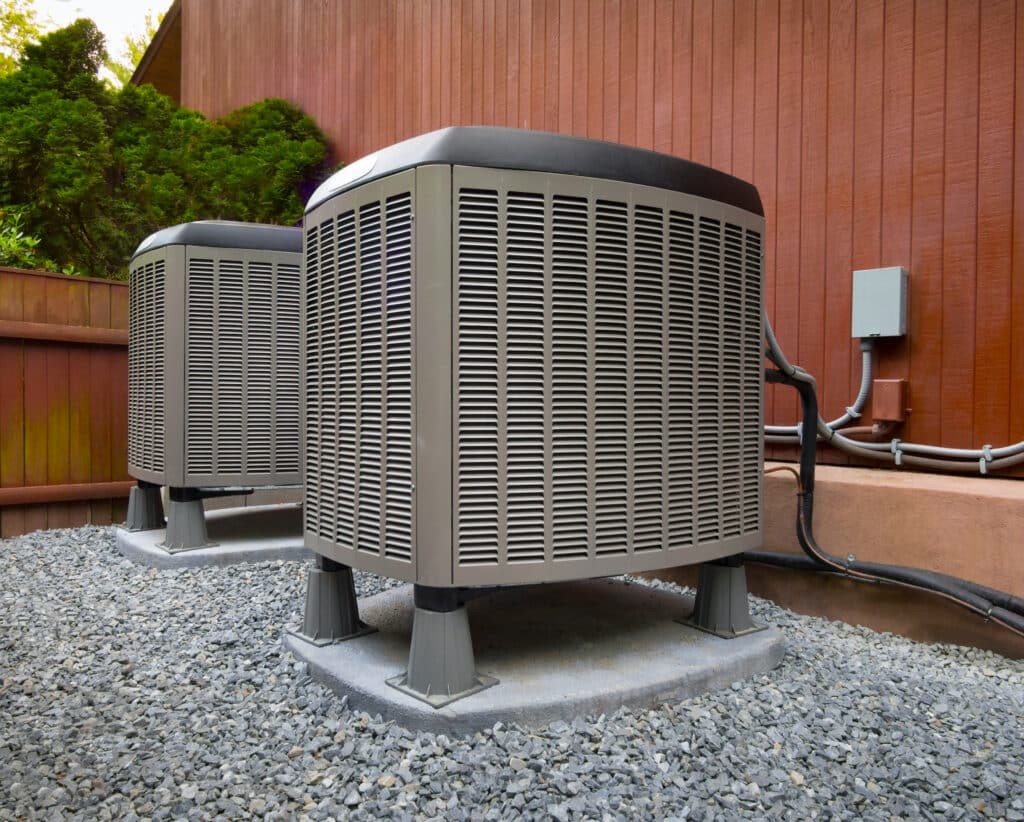When the time comes to replace the home’s current heating and cooling systems, it is up to the homeowners to have the knowledge to make the right decision. Heat pumps, air conditioners, ductless micro split systems, furnaces, and boilers are just some of the HVAC systems now on the market. So, there are a great deal of factors to think about. With so many options, it may be overwhelming to choose the best heating and cooling system for your home. The features, customization choices, and advanced components that each manufacturer offers may add up to significant cost savings.
Understanding the Varieties of HVAC Systems and Making an Informed Decision
Depending on a variety of conditions, you may or may not choose to install the same brand-new HVAC system that was developed specifically for your neighbor’s home. There are a wide variety of boilers, furnaces, air conditioners, heat pumps, and ductless mini split types available to meet the needs of a wide range of dwellings and climates. A wide variety of heating, ventilation, and hvac system systems are all potentially usable in a given home.
- Before you can evaluate the many types of air conditioners and heaters available, you need to select what sort of heating, ventilation, and air-conditioning (HVAC) system you want to purchase for your home.
- Depending on the other needs of the project’s installation, it may be easiest and cheapest to just get a new identical system to replace the old one.
- If a home’s present ducts are in good shape and can adequately support the installation of a new central air conditioner, heat pump, or furnace, the homeowner may choose to have the same equipment installed for the new appliances. You may choose between a heat pump system and a furnace/air conditioner hybrid.
Your decision of a new heating system may be influenced by the sorts of heating fuel readily available in your area. If your home is wired for natural gas or you have access to the appropriate utility service, replacing your oil or propane heating system with a gas furnace or boiler might significantly reduce your monthly energy costs.
The Right Practice
It is usual practise to have a secondary heating system in place when installing a heat pump. Since there are times of year when it’s too cold for the heat pump to function properly, this is done. Either a natural gas furnace or electric resistance heat strips may be installed.
If your home doesn’t have ducts, doesn’t have enough space for ducts, or if the cost of building new ductwork is too high, you may have a ductless mini split unit built to give a whole house cooling and heating system. These air conditioners and heaters do not need ducts.
Conclusion
If you have an extra room that you want to heat or cool, you may want to consider installing a ductless mini split instead of updating your central air and heating unit to one with a greater capacity. This holds true whether you want to add heating or cooling to a previously unheated or uncooled room in your home.



